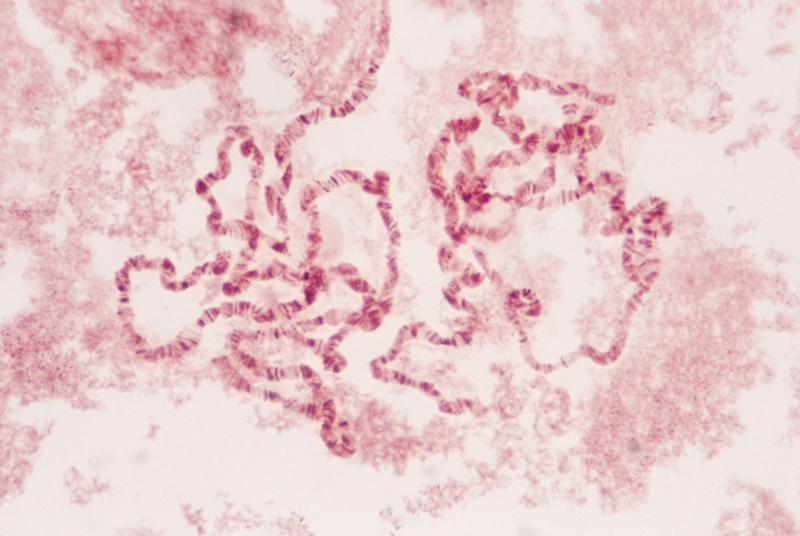
MONDAY, Aug. 8 (HealthDay News) — The discovery of a gene pattern that distinguishes highly aggressive bone cancer in dogs from a less aggressive form may help improve treatment of bone cancer in children, according to researchers.
Other than humans, dogs are the only species that develops bone cancer spontaneously with any frequency. Dogs are more likely than humans to develop bone cancer, but human and dog forms of bone cancer are very similar, explained study team leader Dr. Jaime Modiano, a comparative medicine expert at the College of Veterinary Medicine and Masonic Cancer Center at the University of Minnesota.
The newly discovered gene pattern in dogs is an exact match with humans and may assist in treatment planning for children with bone cancer, according to the report in the September issue of the journal Bone.
“Our findings pave the way to develop laboratory tests that can predict the behavior of this tumor in dogs and children at the time of diagnosis,” Modiano said in a university news release. “This allows us to tailor individualized therapy to meet the patient’s needs. Patients with less aggressive disease could be treated conservatively, reducing the side effects and the risks associated with treatment, while patients with more aggressive disease could be treated with more intense therapy.”
The course and aggressiveness of bone cancer can vary from patient to patient and is difficult to predict. Some patients respond well to conventional treatment and live for decades without recurrence, while others have a poor response and experience a rapid return of bone cancer, the release noted.
More information
The U.S. National Cancer Institute has more about bone cancer.

